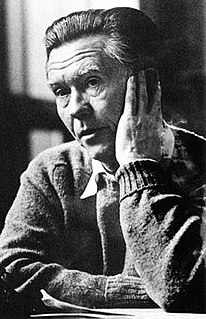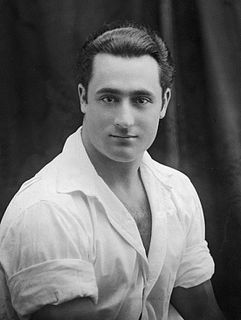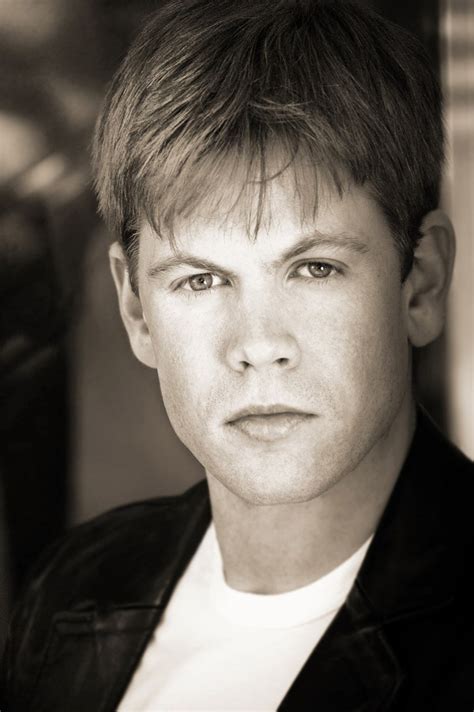A Quote by William Stafford
I have this feeling of wending my way or plundering through a mysterious jungle of possibilities when I am writing. This jungle has not been explored by previous writers. It never will be explored. It's endlessly varying as we progress through the experience of time. These words that occur to me come out of my relation to the language which is developing even as I am using it.
Related Quotes
I am Tarzan of the Apes. I want you. I am yours. You are mine. We live here together always in my house. I will bring you the best of fruits, the tenderest deer, the finest meats that roam the jungle. I will hunt for you. I am the greatest of the jungle fighters. I will fight for you. I am the mightiest of the jungle fighters. You are Jane Porter, I saw it in your letter. When you see this you will know that it is for you and that Tarzan of the Apes loves you.
Each time I write, each time the authentic words break through, I am changed. The older order that I was collapses and dies. I lose control. I do not know exactly what words will appear on the page. I follow language. I follow the sound of the words, and I am surprised and transformed by what I record.
I am your lover, come to my side, I will open the gate to your love. Come settle with me, let us be neighbors to the stars. You have been hiding so long, endlessly drifting in the sea of my love. Even so, you have always been connected to me. Concealed, revealed, in the unknown, in the un-manifest. I am life itself. You have been a prisoner of a little pond, I am the ocean and its turbulent flood. Come merge with me, leave this world of ignorance. Be with me, I will open the gate to your love.
Sound words can't be understood through formal study of the language alone. They're felt when you immerse yourself in the culture or lifestyle that becomes a part of you. The Japanese language is abundant with onomatopoeia. Even though I've lived in Japan a long time, sound words are still an uncertain territory. And I think new words are being created every day. Even when I don't know a word I can sometimes connect it to a meaning using the sensations produced by the sounds, which feels like I'm playing with words.
Blogging has mostly been an opportunity to react more immediately to experiences to try out ideas that I may end up using in the print media or in some other place. When I write books, it's a way for me to bring readers into the experience of writing the book, all through the process of writing the books that I write. I talk about what I'm up to in the blog. I let people know what I am doing. To me, it's just part of putting my professional life up in a way that people who are interested in it can access; and learning things from them as well.
As one of the first editors at 'Outside' magazine in 1975, it was my contention that most American writing going back to James Fennimore Cooper and then through Twain up to Hemingway had been outdoor writing. At that time, adventure writing meant stuff like 'Saga' or 'Argosy.' 'Death Race with the Jungle Leper Army!' That kind of thing.






































